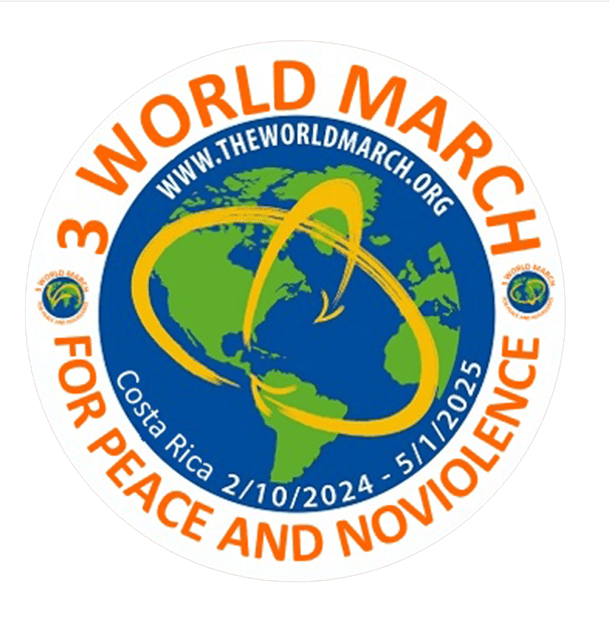Home » Countries – TPNW
The Treaty on the Prohibition of Nuclear Weapons
On 7 July 2017, after a decade of work by ICAN and its partners, an overwhelming majority of the world’s nations adopted a landmark global agreement to ban nuclear weapons, officially known as the Nuclear Weapons Ban Treaty. It will enter into force once 50 nations have signed and ratified it.
The current situation is that there are 93 who have signed and 70 who have also ratified. At midnight on January 22, 2021, the TPAN went into effect.
Signature status / ratification
Prior to the treaty, nuclear weapons were the only weapons of mass destruction that were not subject to a total ban (if chemical and bacteriological weapons are), despite their long-lasting catastrophic humanitarian and environmental consequences. The new agreement finally fills a significant gap in international law.
It prohibits nations from developing, testing, producing, manufacturing, transferring, possessing, stockpiling, using or threatening to use nuclear weapons, or allowing nuclear weapons to be stationed on their territory. It also prohibits them from assisting, encouraging or inducing anyone to participate in any of these activities.
A nation that possesses nuclear weapons can join the treaty, as long as it agrees to destroy them in accordance with a legally binding, time-bound plan. Similarly, a nation that harbors another nation’s nuclear weapons in its territory may join, provided it agrees to eliminate them within a specified period of time.
Nations are obligated to provide assistance to all victims of the use and testing of nuclear weapons and to take steps to remedy contaminated environments. The preamble recognizes the harm suffered as a result of nuclear weapons, including the disproportionate impact on women and girls, and on indigenous peoples around the world.
The treaty was negotiated at United Nations headquarters in New York in March, June and July 2017, with the participation of more than 135 countries as well as members of civil society. It was opened for signature on 20 September 2017. It is of a permanent nature and will be legally binding for nations that join it.
Collaborating so that the NPT comes into force was one of the priorities of the World March for Peace and Non-Violence.
